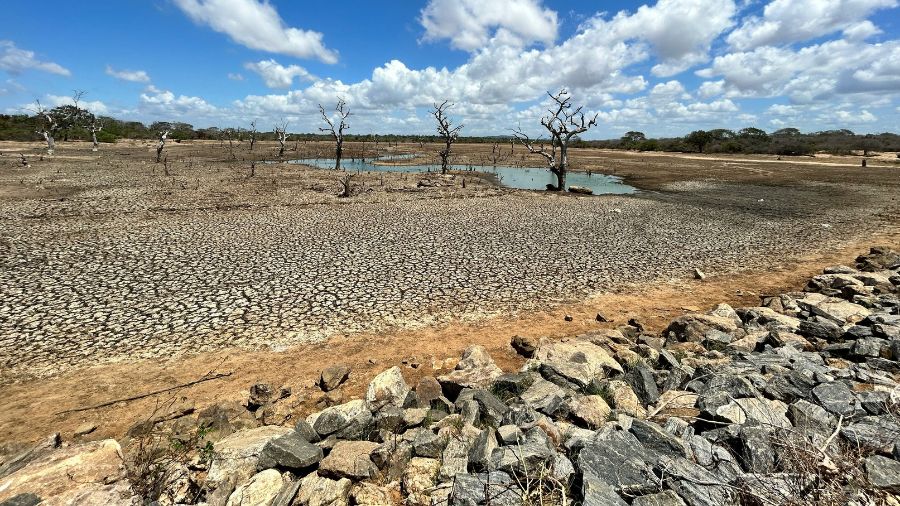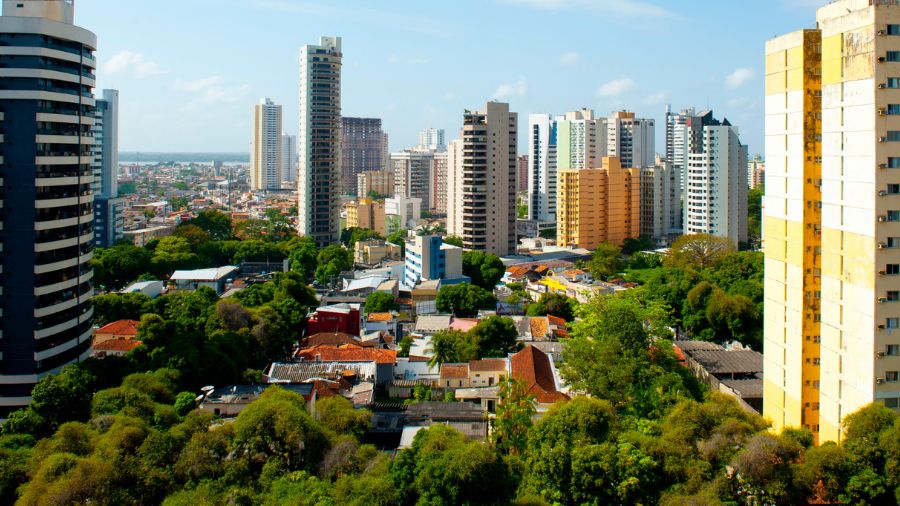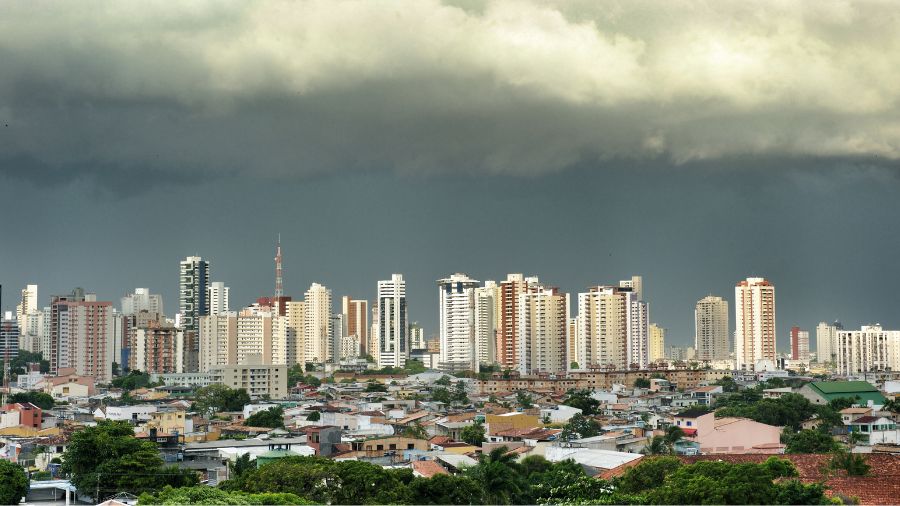
Written by Guy Bigwood, CEO and Chief Changemaker, GDS-Movement
Edited by Jess Henson, Marketing and Communications Manager, GDS-Movement
COP30: Progress Meets Peril
Global temperatures keep breaking records even as investment in climate solutions hits new highs. The world is spending more on clean technology than ever before, more than US $2 trillion in 2025 alone. Optimists such as Bill Gates insist the tools to solve climate change already exist. But optimism cannot disguise a harsher truth: emissions remain stubbornly high, and action lags far behind the increasing pace of warming.
That paradox defines this moment. As COP30 (The United Nations’ Conference of the Parties, 30th instance) takes place in Brazil, the world stands between unprecedented technological progress and accelerate ecological disaster.

Let’s explore that tension. Why are political and economic systems still failing to deliver results? How might Brazil’s “COP of truth” reset expectations and what it means for tourism and events, which sit at the front line of both climate impact and innovation?
The USA is not sending a delegation. Is this round a chance for individuals and outliers to lead in their absence?

A World on Fire
The World Meteorological Organization (WMO) says 2023, 2024, and 2025 are the hottest years in 176 years of records. Limiting warming to the Paris Agreement’s 1.5 °C target is now “virtually impossible.”
At the opening of COP30 in Belém this week, the UN Secretary-General, António Guterres called that failure “a moral failure and deadly negligence.” As a result, carbon-dioxide levels are rising at their fastest-ever rate, while NASA reports that extreme-weather events now strike with double the intensity of the early-century average. In 2022–23, climate-related disasters caused US $451 billion in losses. Allianz Travel Insurance warns that “entire regions are becoming uninsurable.” The World Food Programme advises us that drought has already left 23 million people in Africa facing hunger.
Yet political response remains feeble. Of the 195 Parties to the Paris Agreement, only a fraction has updated their national plans since COP26; together they promise a 10 percent cut in emissions when science calls for several times that.

Justice at the Centre
To change at scale, people must sit at the centre of decisions on climate and energy. The poorest suffer most from a crisis they did least to cause. Just-transition and adaptation plans must narrow the inequality gap, not widen it.
That sentiment has long been missing from climate diplomacy. For years, talks focused on tonnes of carbon emissions and gigawatts of renewable energy capacity. Now, with social cohesion fraying, the credibility of climate policy depends on whether it can protect livelihoods as well as ecosystems.

The Implementation Gap
Brazil wants this to be remembered as the Implementation COP, the one where ambition finally meets delivery. The need is obvious. Gates may be right that technology is no longer the bottleneck. I assert that the obstacle is political and institutional: we have a global system that still rewards delay.
Worse, a “sustainability recession” is taking hold. Under economic and political pressure and insecurity, many firms are trimming climate budgets or dropping ESG goals. But, as Allianz’s Günther Thallinger warns, “the climate crisis could make adaptation economically unviable.” Inaction is now the costlier option.

Tourism and Events on the Front Line
The World Travel & Tourism Council (WTTC) estimates climate-related events could cause $4.5 trillion in losses to global tourism GDP by 2050 if warming continues unchecked. The Maui fires and Spanish floods are testimony to the truth that tourism and events are detrimentally affected by climate disruption. Rising heat, extreme weather, and ecosystem loss change market habits and threaten destinations, supply chains, and infrastructure, worldwide. At the same time, both sectors are uniquely placed to model solutions. They connect people individually and institutionally, shape perceptions, and influence investment decisions across borders.
Data from the 2025 GDS-Index* shows that many destinations are strengthening their commitment to climate action. They are measuring impacts, cutting emissions, embedding regeneration into economic strategy, and driving clean-tech innovation across the tourism and events sectors. These efforts are expanding as the data in Shifting Tides, the annual destination benchmarking data report shows.

This reflects a growing recognition that resilience is now a condition for competitiveness.
Tourism alone employs roughly one in ten people, globally. If it can realign growth with planetary limits, the sector could become a visible example of how to translate global goals into local action.

The Real Power of COP
The influence of COP lies not only in its formal negotiations but in the hundreds of side agreements, coalitions, and partnerships forged around it. Cities, investors, and companies use these gatherings to advance pragmatic deals even when diplomacy stalls. These quieter accords often achieve more results than the plenary speeches do, and may ultimately define this COP, the fringe becoming the foreground
COP30 must therefore become a platform for delivery, not just dialogue. It should prove that global cooperation still works, that ambition can survive politics. This opportunity lies in the hands of its designers, delegates, and attendees, and, if governments can match the pace of innovators and meet the challenges debated in its halls and on its stages the coming days, this “COP of truth” could yet become something rarer: a COP of transformation.
* The GDS-Index is a trusted performance improvement programme to assess and accelerate the progress of a destination’s regenerative journey. It measures, benchmarks, and enhances the sustainability strategies, action plans, and initiatives of approximately 100 destination management organisations, municipal authorities, and their tourism supply chains.
Co-founded in 2016 by the International Congress and Convention Association (ICCA), City Destinations Alliance (CityDNA), IMEX Group, and MCI, the GDS-Index offers an unparalleled resource for visitors, DMOs, municipalities, and event planners looking for destinations that offer vetted and verified sustainability performance.
This post goes well with:
- DMO and CVB COP30 cheat sheet with six actionable steps to leverage the buzz and discussions
- Sustainability regulation FAQs
- Ways we walk the talk at GDS-Movement (warning: might involve cuteness!)



